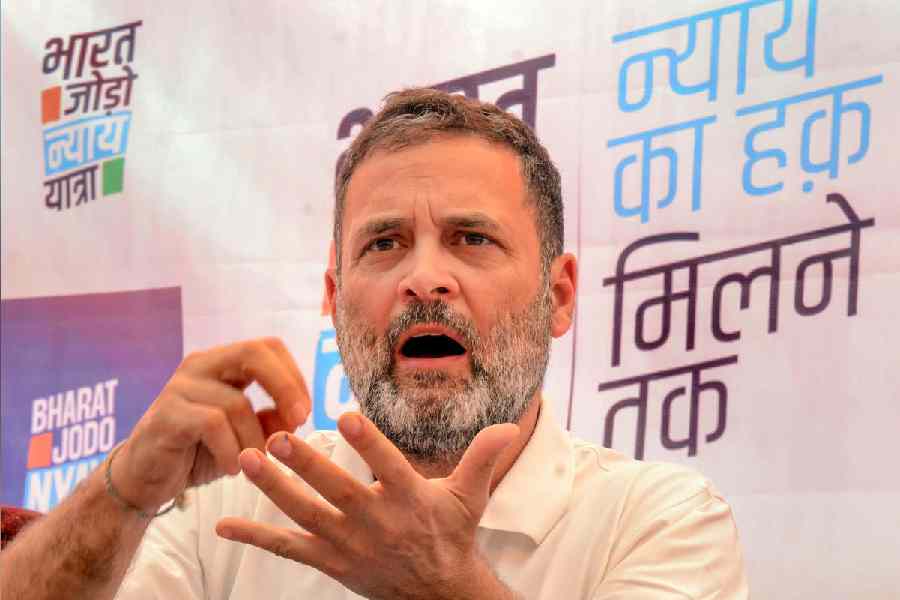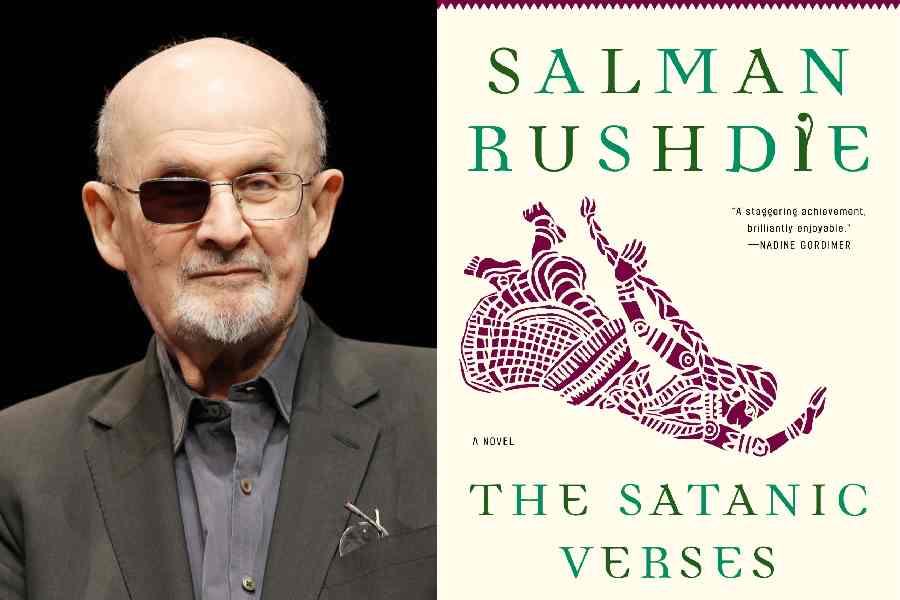Rahul Gandhi’s Bharat Jodo Yatra had stitched a weary nation with the thread of unity. But mending rifts won’t suffice for the high stakes of the Lok Sabha elections. Enter the Bharat Jodo Nyay Yatra, a calculated shift from mending to demanding justice, a gamble laden not just with the Congress’s revival but with attracting the vast vote bank of the other backward classes.
The BJNY aims to redefine Rahul Gandhi as the articulator of OBC anxieties, their voice against the biting realities of inflation, unemployment, and stark social disparity. Nyay — justice — then becomes a battle cry not just for India but for the historically marginalised OBCs, transforming Rahul Gandhi’s march from a symbol of unity to a platform for amplifying OBC voices, carrying with it their stories of discrimination and economic exclusion. He walks not just alongside them but as their standard-bearer, a visible embodiment of their struggles.
Unlike the BJY’s emphasis on communal harmony, the BJNY prioritises ‘bread and butter’ issues. This reflects the evolving public mood. While the Hindutva rhetoric holds sway, concerns about the sputtering economy rise like a tide. The BJNY seeks to tap into this discontent, offering a pragmatic alternative to divisive politics. It seeks to attract not only disillusioned OBC voters (54% of them voted for the Bharatiya Janata Party in 2019) but also potential allies who find common ground in pursuing economic and social justice for OBCs. Teachers, farmers, small business owners, each with their own story of economic hardship, may see in the BJNY a flicker of hope for a fairer future.
The road ahead is a tightrope walk, strewn with formidable obstacles. Voter fatigue looms large, along with the BJP’s formidable organisational machinery and the potential of a fractured Opposition. The BJNY’s success hinges not just on optics but on translating aspirations into tangible solutions. It must champion OBC rights through concrete policy changes, dismantling barriers to education and employment. This means tackling issues like reservation backlogs in institutions, ensuring economic opportunities reach those historically left behind, and fighting discriminatory practices that hinder OBC progress.
History offers both cautionary tales and glimmers of hope. Indira Gandhi’s march, a masterstroke of mass mobilisation, propelled her back to power in 1980. But Chandra Shekhar’s 1983 Bharat Yatra stands as a sobering reminder that optics without concrete action can fizzle out. The BJNY must learn from these precedents and adapt to the complex realities of 2024. Economic anxieties are potent, but the BJP’s appeal remains strong, fuelled by pro-poor schemes. The Congress must craft a nuanced narrative that resonates with both OBC anxieties and the aspirational hopes of a diverse electorate.
The Congress must create a compelling vision for India’s future, one that addresses economic inequalities, tackles systemic barriers faced by OBCs, and champions social justice. This vision cannot be limited to an electoral tactic; it must be a genuine commitment, translated into concrete policies like quotas in government jobs and the private sector and legislative action addressing caste-based discrimination. A future in which OBC representation in government and leadership positions reflects their demographic weight and discriminatory practices are relegated to the dustbin of history must be the goal.
The BJNY is a gamble that carries the weight of the Congress’s revival and, arguably, the future of India’s political landscape. Whether it becomes a footnote in history or a transformative chapter depends on the Congress’s ability to take on the challenge with conviction, translating justice into action and offering a credible alternative that truly meets the yearnings of an India grappling for a fairer, more equitable, future.
But this is not the Congress’s journey alone. It is a test of whether the nation can walk in step for justice.
Amrit Prakash Pandey is a political researcher. Views are personal











